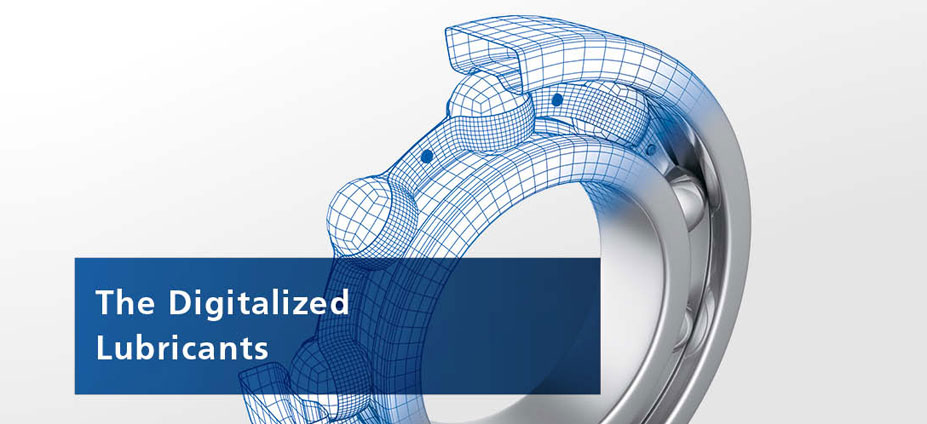Digital future with ‘talking’ lubricants
Digitalisation is redefining the playing field in many industries. The area of lubricants is no exception. The products of the future will tell us how they are doing and what kind of maintenance they need. Meanwhile, smart new systems are being launched that can even order their own spare parts.
Digitalisation is revolutionising not only the world’s economy, but society at large. Lubricant producers are also being affected as new technical solutions bring sweeping changes in everything from logistics to production.
Dr Matthias Marquart, MD of inoviga, the FUCHS Lubricants digital think tank, says that companies like FUCHS must prepare for a world where everything – including machines – ‘speak’ to everything else. “Machines and tools will want to increase their efficiency, so lubricants will have to be a part of the discussion as well.”
‘Talking’ lubricants will not actually speak, but will provide information about their current status. “Our goal is to continuously identify relevant status parameters, so that we can predict impending problems and prevent them,” says Dr Marquart.
A decrease in a particular values or status could signal that some of the lubricant needs to be replaced as soon as possible. An intelligent overriding system could even be responsible for the process, such as ordering the necessary lubricant and reducing the machine’s performance as a precautionary measure.
Functionality in focus
“We must offer functionality rather than a product, and must always be aware of the product’s status when it’s being used in a machine,” he explains. “For this we need full-coverage systems with sensors and tracing solutions that can run operations and even order spare parts automatically.
“So. we not only need to teach our products to speak, we also need to make sure we react when the lubricant tells us something. Ultimately, this means that we need to lay the foundation for new kinds of digital services, sensors, simulations and shared databases,” he concludes.


